INVITATION to a World Water Day 2008 event hosted by Earthscan and The London School of Hygiene and Tropical Medicine
Join us for a panel discussion to launch The Last Taboo*: Opening the Door on the Global Sanitation Crisis – a new book supported by UNICEF, on the global sanitation crisis
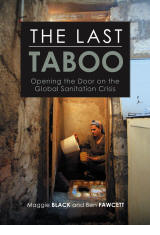 TOPIC: The ‘Great Stink’ of the 21st Century
TOPIC: The ‘Great Stink’ of the 21st Century
Why do 1.5 million children die each year from diarrhoeal disease? Because tiny particles of excreta get into their mouths. How? Because 150 years after ‘The Great Stink of London’ brought about a sanitation revolution, 2.6 billion people – 40% of the global population – do not have a decent place to ‘go’ and their bodily wastes are left lying about. Diarrhoeal diseases are not ‘water-related’, they are ‘s**t-related’. Until we call a spade a spade, this scandal will continue.
2008 is the International Year of Sanitation, and now is the time to speak out boldly and open up the excretory frontier. Join the speakers to insist that ways be found to overcome the silence which inhibits the access of millions of people from that basic necessity for public health and human dignity – a toilet.
Speakers: Maggie Black, co-author of The Last Taboo; Professor Sandy Cairncross, London School of Hygiene and Tropical Medicine; Girish Menon, International Operations Director at Water Aid, DFID speaker to be confirmed
When: 20th March 2008
Time: 1pm – 2:30pm
Venue: The Lucas Room, London School of Tropical Hygiene and Medicine, London, UK
Location map: www.lshtm.ac.uk/location
*About the book
The Last Taboo: Opening the Door on the Global Sanitation Crisis, by Maggie Black and Ben Fawcett, brings this neglected topic out of the closet. This highly readable book is aimed at all readers interested in the causes and consequences of this global sanitation crisis. Discounted copies will be available at the event. Those who can’t make it to the event can purchase copies online.
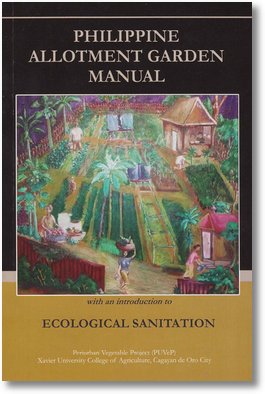

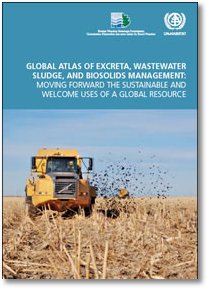 UN Habitat recently published a new “Global Atlas of Excreta, Wastewater Sludge, and Biosolids Management” with a focus on “Moving Forward the Sustainable and Welcome Uses of a Global Resource”.
UN Habitat recently published a new “Global Atlas of Excreta, Wastewater Sludge, and Biosolids Management” with a focus on “Moving Forward the Sustainable and Welcome Uses of a Global Resource”.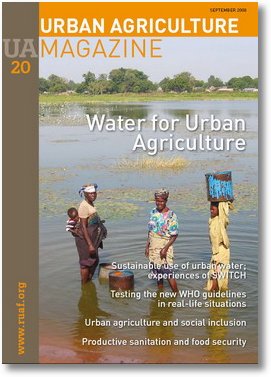
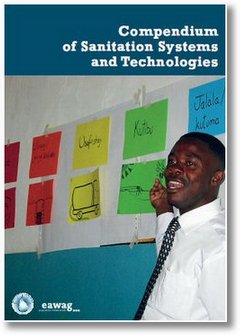 There’s an upcoming “Compendium of Sanitation Systems and Technologies” aimed at planners, engineers, development experts and indivuals who are dealing with sanitation.
There’s an upcoming “Compendium of Sanitation Systems and Technologies” aimed at planners, engineers, development experts and indivuals who are dealing with sanitation. TOPIC: The ‘Great Stink’ of the 21st Century
TOPIC: The ‘Great Stink’ of the 21st Century